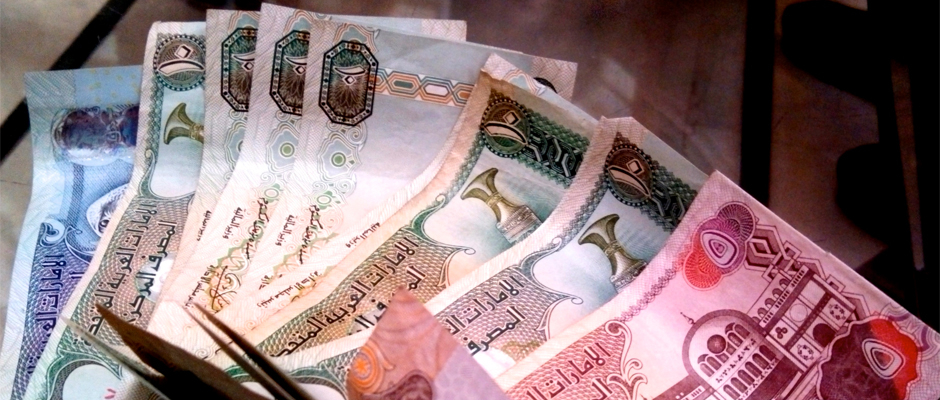We all know that the small purchases that we make on a daily basis — from coffee and soft drinks to newspapers and impulsive purchases at the checkout line — add up to a whole lot every month. But, in many cases, despite our best intentions, the habit of picking up stuff randomly persists and eventually impacts our budget.
Although this problem may seem insignificant, eliminating these small expenses may mean that you can eventually afford a nice vacation or upgrade your car — compare what you spend monthly on miscellaneous items to a car payment to see how close you’re.
If you’re working toward such a goal, the time and effort you put to rein these expenses will seem a logical step — especially if it doesn’t hurt the quality of your lifestyle.
To cut down on such small, daily expenses, consider the following points.
Identify your weakness
We all have moments when we slip off our strict diets or budgets and splurge on something that we wouldn’t otherwise consider. This can be triggered by a rough day in the office, boredom or temptation. You need to know what situations lead you to abandon your best judgement and make impulse purchases. It could be your long waits in busy shopping centres or your lack of planning regarding what you’re shopping for.
In all cases, once you identify the problem, you’re set for eliminating it, and moving forward with a tighter strategy for spending. That doesn’t mean you won’t spend any money on this category, but you will include it into a planned budget.
Quantify the problem
A little bit of splurging here and there won’t hurt. To know if minor expenses are hurting your budget or not, you must take a good look at how much exactly you’re spending. If you find that you already have a good handle and the required discipline to control your expenses, do nothing. If not, it may be a good idea to quantify the problem by putting it in an exact dirham amount, and deciding on how much you’d like to cut back.
That is the first step to having a budget — like pocket money — for your casual expenses. This daily, weekly or monthly budget should help you avoid unnecessary purchases and also keep you from feeling guilty about every single purchase.
When you’re setting your budget, take into consideration your daily activities and expenses that won’t be compromised. For example, if you will eat lunch out or use transportation, these shouldn’t be part of your casual-expenses budget, which should remain exclusively for non-essential items.
Once you specify your budget, make sure that you monitor your spending either by taking mental notes of what you purchase or going as detailed as collecting receipts and bank statements. You won’t have to do this forever, however. The point is to ensure that you’re sticking with this budget and not drifting back to your old habits.
Set a financial goal
Even when your entire goal is to achieve financial discipline, you still need to set an end amount that you’d like to see saved or channelled somewhere else. The point is to have a motivation and a way to measure your progress.
To make it easier for you to budget, you can take that set amount out of your budget early in the month and set it in a separate account, which provides the type of commitment that help you stay on budget throughout the month simply because you don’t have the money to spend.
At the end whether you save a few hundreds or thousands of dirhams, remember that is money that you would have carelessly spent. So treat yourself to something you wanted and do it again.
Rania Oteify, a former Gulf News Business Features Editor, is a Seattle-based editor.








